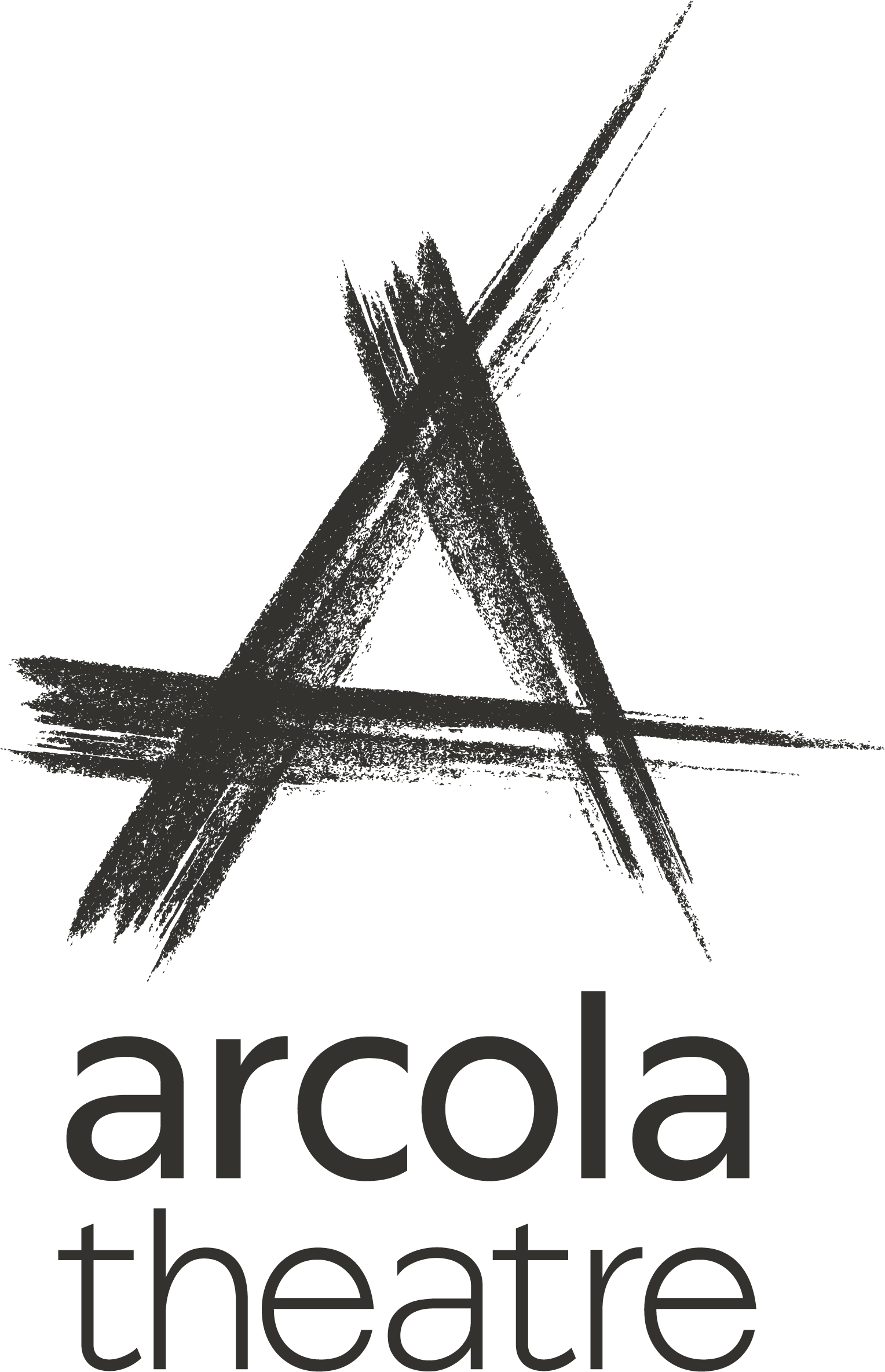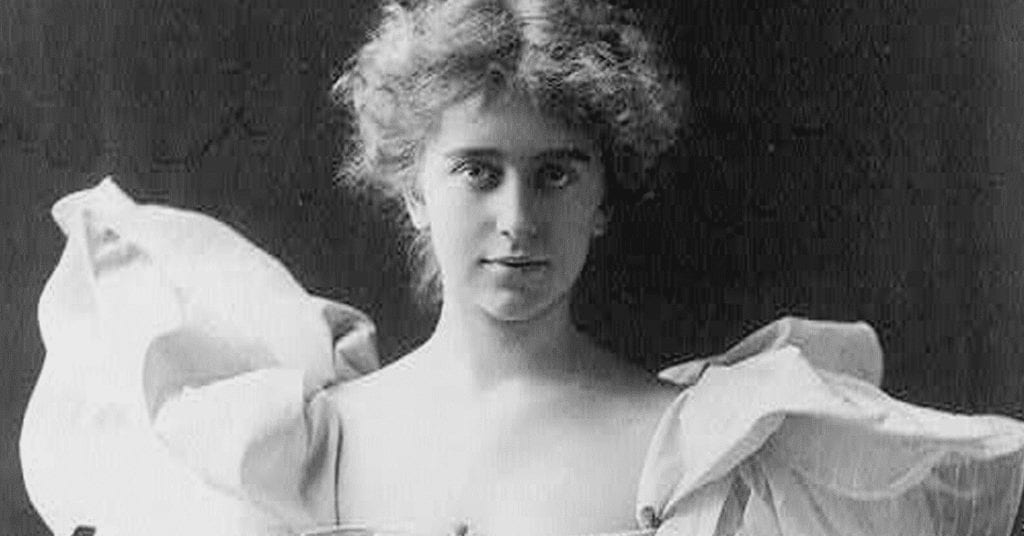In her new play, The Blue Hour of Natalie Barney, writer Frances Bingham brings to the stage one of history’s most fascinating and pioneering women. She spoke to us about her writing process and the art of turning biography into drama.
Natalie Barney’s life seems made for the stage. A Parisian-American who lived through Decadence and Modernism, two world wars and the social revolution of the 1960’s, her salon was famous for the writers she entertained there, and she was infamous for her seductions of beautiful women. Hugely influential at the time – both as a patron of the arts and as a pioneer of openly gay living – she was condemned by some as an amoral wrecker of lives and probable fascist sympathiser, celebrated by others as a generous life-enhancer and supporter of writers, especially women. She certainly possessed a reckless determination to live as she chose and create a world in her own flamboyant image.
Amanda Boxer has wanted to play the part of Natalie ever since she first read about the Amazon. She decided to make this happen by commissioning a one-woman play, and I was delighted when she asked me to write it for her. The era is one I’ve written about before (both in non-fiction, especially about the poet Valentine Ackland, and in my wartime novel The Principle of Camouflage). Researching this cultural moment, I’ve often come across Natalie Barney mentioned in memoirs and letters, satirised or idealised in contemporary novels, or as the love-object in poems – but always at a tangent. This was a wonderful opportunity to write about her directly.
Research ranged from the frankly gossipy journalism of Janet Flanner’s New Yorker pieces in Paris was Yesterday or Hemingway’s autobigraphical A Moveable Feast to the many versions of Natalie’s own memoirs and scholarly biographies such as Judith Thurman’s Colette. There’s a lot of contemporary writing referenced in the play: Djuna Barnes’ Nightwood and Ladies’ Almanack, Radclyffe Hall’s The Well of Loneliness, Oscar Wilde’s Happy Prince, Proust, Gertrude Stein (and of course Colette) as well as later 20thC writers like Truman Capote and Sybille Bedford. Reading all that was pure pleasure for me; the best part of a writer’s job, being able to call it work… And I also enjoyed talking to people who’d known Natalie Barney, remembered her in age, and were able to tell me something about her style, her charisma, and her outrageous wit.
Communicating a real life within the context of a play has particular challenges; I think that the most successful don’t try to cram everything in – it’s a play, not a doorstop biography – but do suggest the complex texture of experience, the contradictions and strangeness of life, the character’s voice and the colour of their thoughts. W.H. Auden wrote ‘Art is the way we break bread with the dead’ and in the potent medium of theatre it can really seem possible to meet a person across decades or centuries, and hear them speak.
I decided we’d meet Natalie in the particular setting of a 1950’s hotel room, in an hour of real time – waiting to see whether a street pick-up will follow through, having a shattering quarrel with her on/off partner – while weaving in memories of a whole lifetime’s experience: from her childhood meeting with Oscar Wilde to her premonition of death, ‘that unavoidable last visitor.’ I aimed to create the illusion of her presence by evoking her style, without reproducing (or translating) her exact words. This Natalie is an unreliable narrator, re-telling stories from a flamboyant life and asserting her wild creed, taking the audience into her confidence yet never quite revealing her mystery.
Working on this project with Amanda Boxer and the brilliant director Kenneth Hoyt has been an amazing experience, as I’ve seen the words move from page to stage, and the character of Natalie take on a reality that’s almost eerie at times.
It’s important to map the landscape of the past, to understand how we reached the place we are now, and discover a way into the future. Natalie Barney’s story is a crucial piece of that past – not just because her salon was a place which influenced the greatest writers of 20thC culture; it was also a feminist space where women writers claimed equality with men, and gay people could be themselves without fear. This uncompromising woman took enormous risks to live as she did. Her self-belief inspired many people to imagine the possibility of a different future; where women’s creativity would be taken as seriously as men’s; where gender wouldn’t define or limit anyone; where gay love would be accepted or even celebrated. Are we nearly there yet?
The Blue Hour of Natalie Barney plays at Arcola for one week only, from 7th – 11th November. Tickets are available now.


